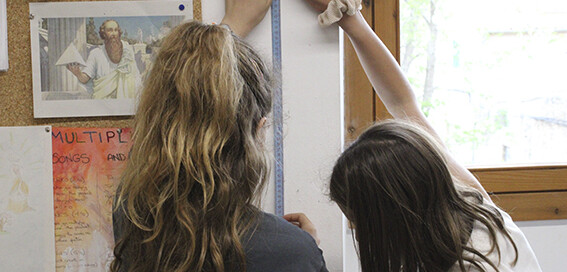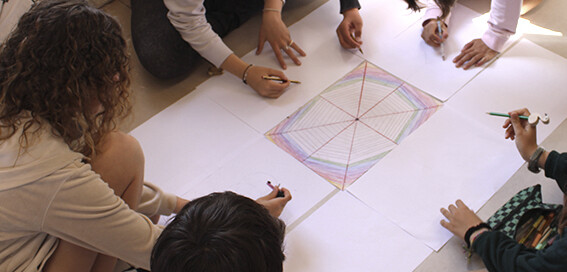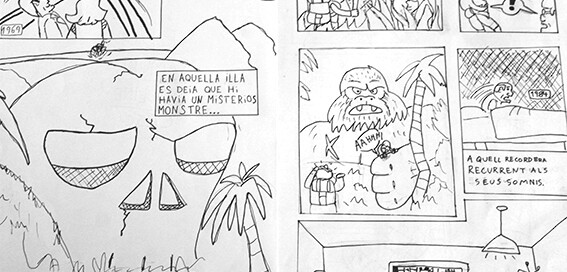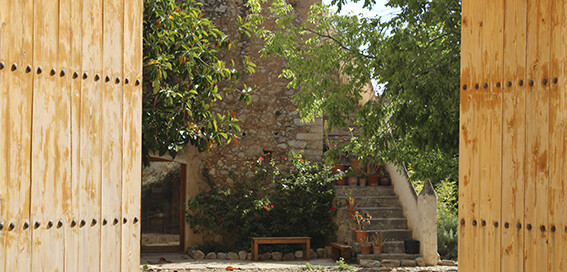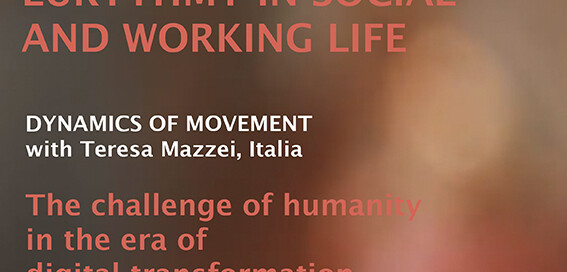PROBLEMS AND CHALLENGES
"The noblest pleasure is the joy of understanding" Leonardo da Vinci Problems and challenges is a space to put into practice, apply and develop mathematical knowledge through experience. The Third Cycle Primary group have been traveling with numbers, accompanying the work done during the mathematics period. They have investigated the qualities of numbers focusing on multiples and divisors. They have explored parts and fractions with the help of the entire class group and the different groups that we can create according to clothing colors, age, sex and other characteristics. Currently, they continue with the unit of measurement connecting with the class and school space. The 1st year ESO group has been doing the “Vitruvian Man” project during the weekly math space where they have combined different areas of mathematics. They have taken measurements of different parts of the body of the school students and have entered this data into LibreOffice, learning to use this tool to perform calculations and generate new statistical variables. Once the data has been calculated, they have represented it graphically with bar diagrams and have carried out an analysis to see if the proportions that the parts of our body have among themselves coincide with those found by Leonardo da Vinci.

